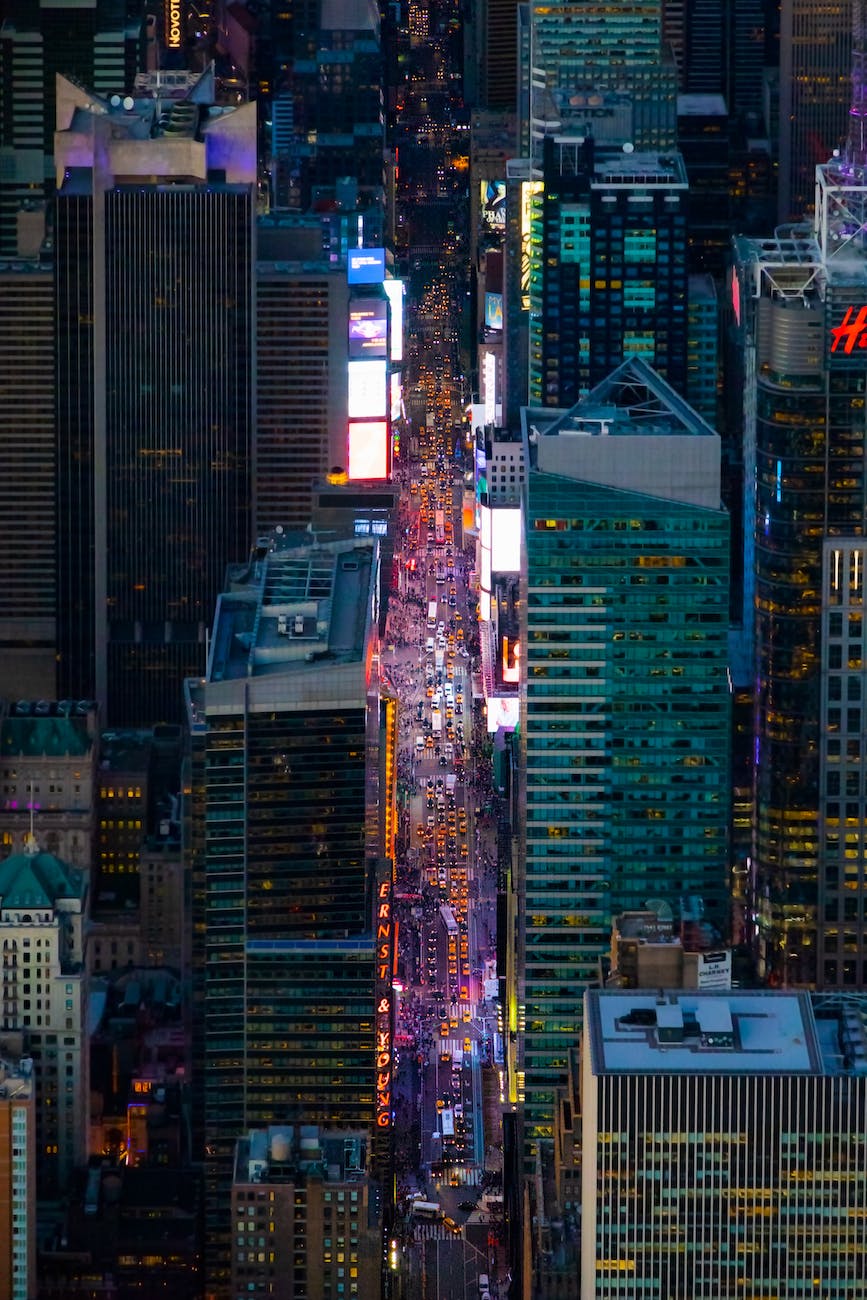“Love people and use things because the opposite never works.”
– Joshua Fields Millburn
Growing up in a sprawling suburbia, I would spend so much money, time, energy, and attention span on Amazon, Walmart, and just shopping online.
My father used to remark on all the ‘gadgets’ I had accumulated through the years, saying how ridiculous they all were, which I can look back on now and appreciate.
The useful and purposeful ‘gadgets’ I found were only about 10% of the ‘gadgets’ I spent hard-earned money obtaining.
It was a small problem when I was spending more than I was making and a big problem when I was making more money just to spend it on shit I truly didn’t need.
I look back today and think, how could I be so consumed with consumption? How could I not have seen the trajectory of this behavior leading ever deeper into a hole of debt and depression?
Reflection
And then, on a crisp summer afternoon in college, I was flipping through Netflix (mindlessly) until a title caught my attention, ‘MINIMALISM: A Documentary About The Important Things’
I thought, “Well that sounds interesting, I’m filled with a lot of unimportant things in my life right now and I kinda need answers to this dilemma” (which I assumed it would provide).
And boy did the now cult favorite independent film provide answers, but not in the way you would think.
It was after that movie, after the tears of realization and reflection, that I’d been living my life all wrong, and after talking it out with my friends and family I decided to make a change (but I’ll get back to that).
This movie lays the groundwork for a philosophy that has been around for thousands of years and is really just an evolved term for intentional living or valued-based living (a way of life that used to be incredibly commonplace).
Minimalism itself is not a new idea: the concept dates back to the Stoics, to every major religion, and, more recently, to Emerson, Thoreau, and Tyler Durden. What’s new is the problem: never before have people been more seduced by materialism, and never before have people been so willing to forsake loved ones to acquire heaps of meaningless stuff.
For most of history, people didn’t even think about having more than they needed because they didn’t have the means to accumulate stuff and were therefore content with what they had.
But during the industrial revolution, modern marvels became cheaper and cheaper to make, therefore cheaper and cheaper to price.
It took just eight or so years for the smartphone to become both cheap enough for anyone to buy and accessible enough for anyone to get.
But in the wake of this paradigm shift in society, towers and towers of waste began to form (evidently the main byproduct of modern capitalism).
I saw, for the first time, that waste was thrown out and piled up everywhere (literally and metaphorically). And once I saw it, I could not unsee it.
I had been so consumed in shopping for shit I never needed that I did not see the shit lying all around me, the same stuff I was spending so much money on.
I had had enough, so I did three things that fateful afternoon:
- I took on the minimalist challenge to sell, give, or try and recycle all the shit that I did not value.
- I started writing about my decision and the implications it had on me, which led to this very blog!
- I changed my spending habits to reflect my values, vowing to be mindful of where, when, and how I consume anything.
It has been a rocky road since then and I have not been entirely faithful to those rules I set, but for the most part, I have remained changed at my core.
It was also through the practice of focused attention that I began to see the train before it departed, with all its gadgets and gizmos (as my father would say).
Encouragement
I encourage us to ask the hard questions today, questions like, “Is this stuff lying around me both useful and valued in my eyes?” or “How long have I even used this thing?”
List those things that you probably should get rid of, sell, or recycle. If you share a lot of that stuff, write the list together with your partner.
A million excuses will get in your way, but trust me, it is better to begin this questioning earlier than later when you suddenly open your eyes in retirement to the fact you have so much stuff.
Through deeper questioning, we find deeper meaning and begin to shape our lives in new ways.
Thanks
I am thankful for the minimalists and their continuous influence on me to live a more intentional life.
And I am thankful for all who continue to read this blog, to which I have really just begun, thanks for taking this journey with me!
As always, feel free to leave a comment or share this post. You can also Buy Me a Coffee if you are inclined to do so. Thank you in advance!
Links

Leave a Reply